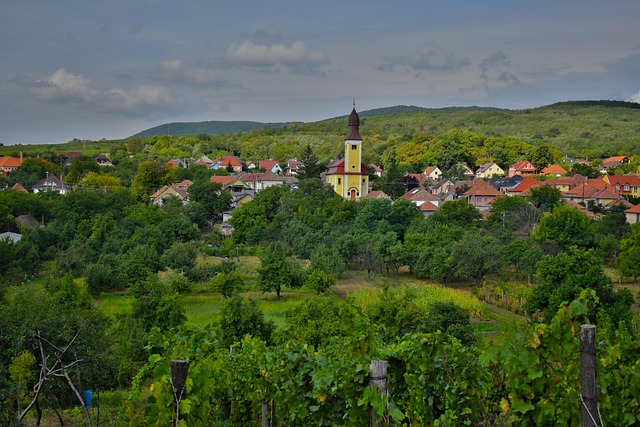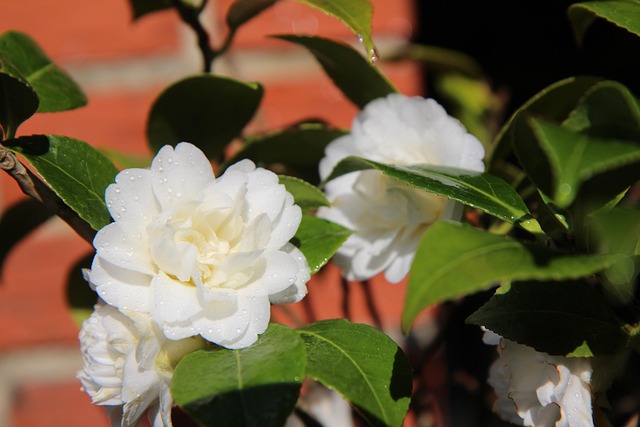As the holiday season approaches, many find themselves reflecting on the deeper meanings behind the celebrations. Among the joy and festivity lies a profound tradition that is often overshadowed by merriment: the concept of penance. Penance, in various religious contexts, serves not only as a form of atonement but also as a vehicle for personal growth and renewal during the holidays.
For Christians, the idea of penance is particularly significant during Advent, setting the tone for the forthcoming Christmas celebrations. It is a time of preparation, often accompanied by self-reflection and an examination of one’s actions. This period invites believers to contemplate their lives, acknowledging their shortcomings and seeking forgiveness for wrongdoings. The act of penance is not simply about remorse; it’s an opportunity to mend one’s relationship with God and with others, fostering a spirit of love and humility.
Similarly, in other religious traditions, the practice of penance takes various forms but shares a common theme of self-examination and repentance. During Yom Kippur, for instance, Jews engage in a day of fasting and prayer, reflecting on their actions over the past year. This sacred time allows individuals to seek forgiveness and to enter the new year with a purified spirit. The cycle of penance and forgiveness plays a vital role in the journey of faith, making the holiday season a moment of introspection amidst the cheer.
The emotional aspect of penance can often feel heavy; it requires us to face uncomfortable truths about ourselves. Yet, it is through this acknowledgment of our faults that we can truly embrace the spirit of the holidays. The process encourages empathy and understanding, allowing us to connect with others on a more profound level. As we apologize for our missteps and seek to make amends, we cultivate a culture of compassion and mutual support.
During this holiday season, consider carving out time to engage in your own practice of penance, regardless of your religious background. This could take the form of meditation, journaling, or participating in communal acts of goodwill. As we approach the celebrations, it’s essential to recognize that the joy we experience can be deeply enriched by moments of sincerity and reflection. Holiday gatherings can then transform into occasions for sharing stories of redemption and forgiveness, further strengthening the bonds between friends and family.
Embracing the spirit of penance allows us to appreciate the duality of the holiday season: the light and dark, joy and sorrow. By honoring the tradition of reflecting on our past, we can move forward with a renewed sense of purpose and connection, truly embracing the blessings that the holidays bring.




